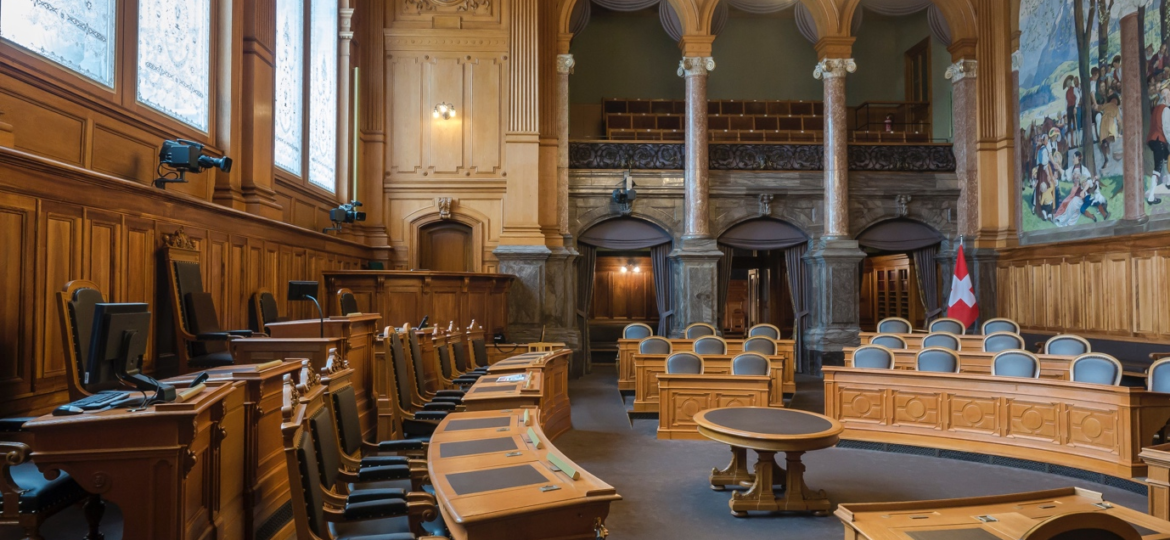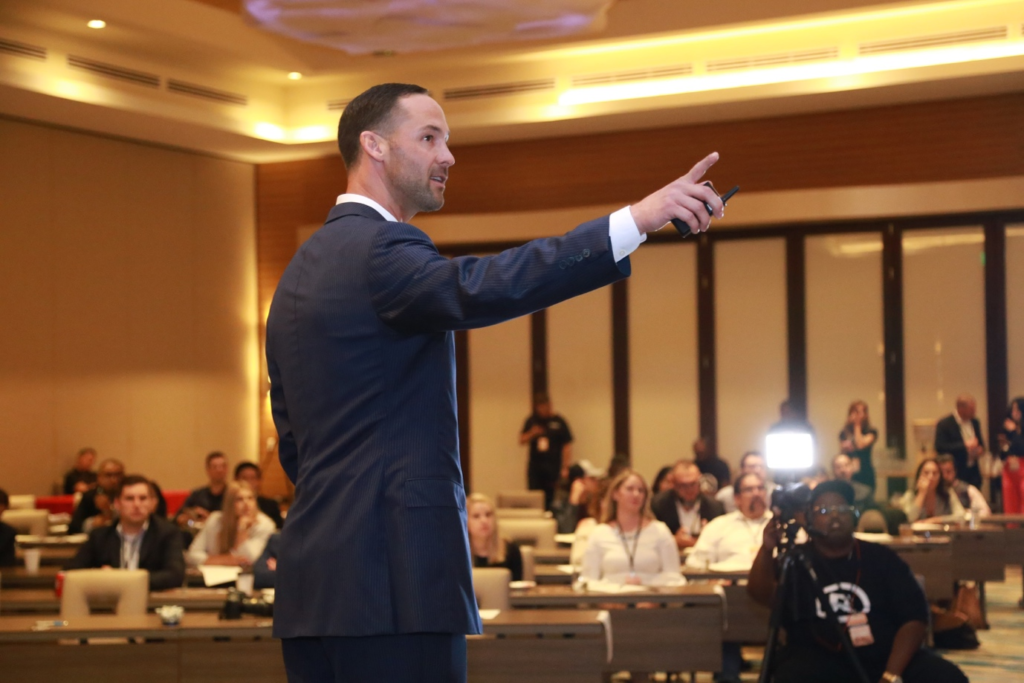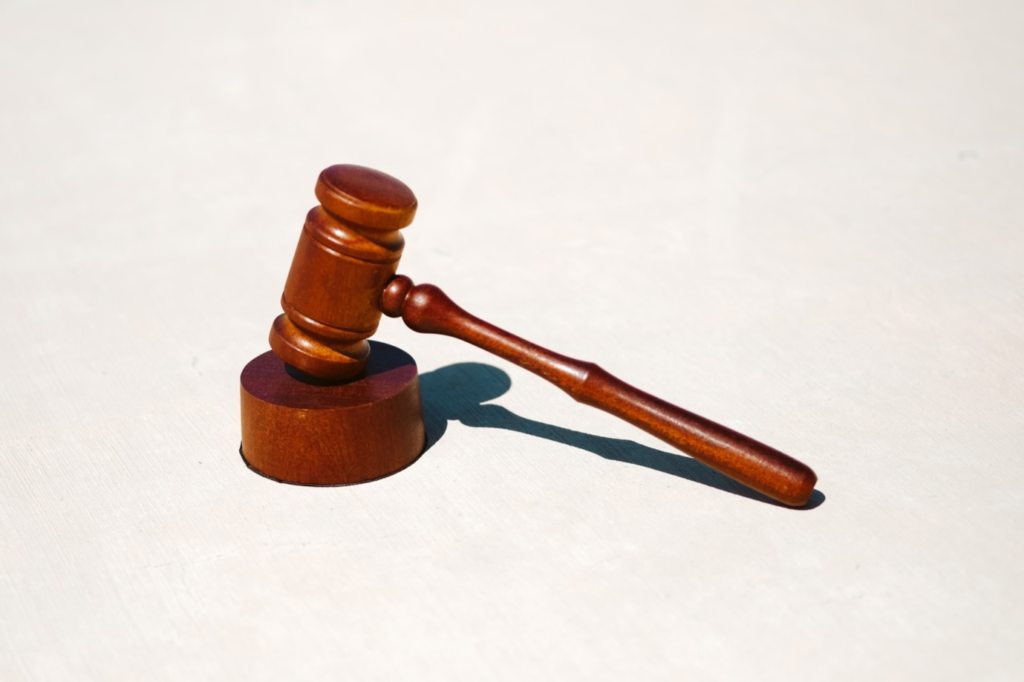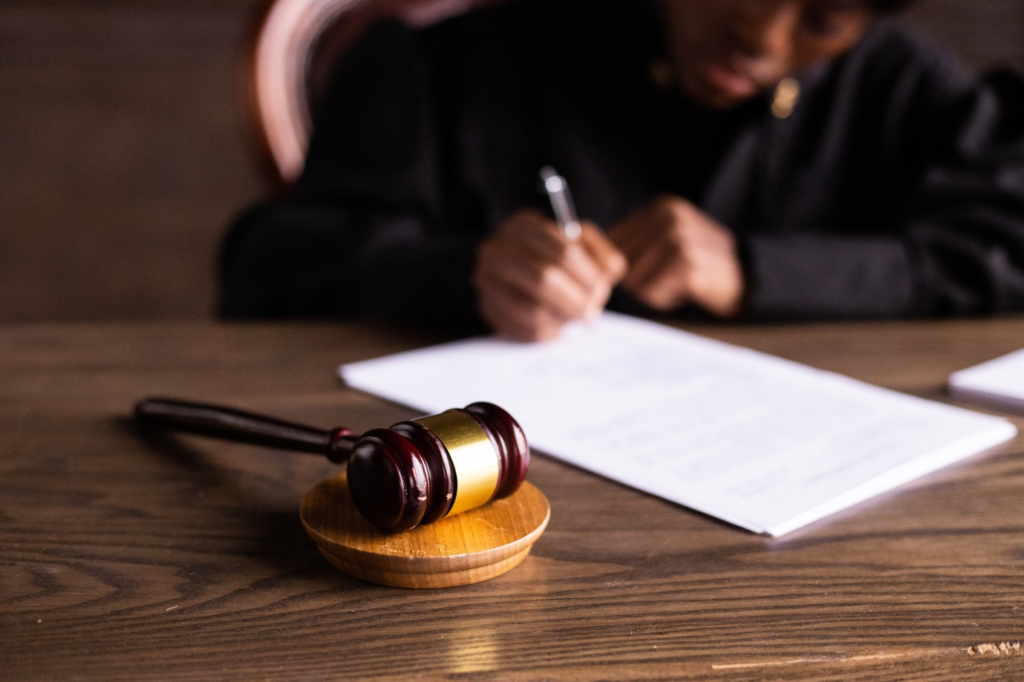
A lot of people view all legal cases with the same lens. However, the people who know the law know there’s a big difference, and there are various types of cases. Civil litigation is when a person sues another person for some reason. Civil litigations are private cases. When the government prosecutes someone, this is a criminal case.
Both situations are different, but having a record of one or more criminal convictions can affect a person’s civil litigation. Let’s take a detailed look at how criminal conviction in civil litigation plays a crucial role.
How Civil Litigations Work
There can be a lot of reasons why civil litigation can occur. These include a company or a person having disputes with a legally binding contract, like the terms or the ownership of property, if someone is injured in an accident, when someone’s property is damaged, etc. The individual who decides to sue is known as the plaintiff, while the individual who’s being sued is known as the defendant.
A civil litigation case has multiple stages. Let’s take a look at them here:
Stage 1: Pleadings
The first stage of civil litigation is pleadings. The plaintiff makes a complaint against one or more defendants and seeks a remedy. A court officer signs the pleading, and the copies are delivered to the defendant.
The defendant needs to submit a statement of defence in due time. If not, the defendant automatically loses the case as the court assumes the allegations made against them are correct. The defendant has the right to consult their lawyers and discuss settling the case without proceeding to trial.
Stage 2: Discovery
After the initial stage, both the plaintiff and the defendant are allowed to review the other party’s claims and the evidence they plan to use to back their claim. This stage is referred to as the discovery stage.
Stage 3: Trial
Civil litigation is decided on a matter of probability, which is why the plaintiff backs his claim with facts and pieces of evidence to prove that the defendant is liable or legally responsible.
The plaintiff first presents evidence to support their claim. These include pictures, documents, and witnesses. After that, the defendant can do the same to defend their case. The judge makes sure all the evidence being presented is authentic and relevant. For example, witnesses can only testify if they have witnessed something themselves. If they have heard it from someone else, the judge usually dismisses it as it’s hearsay evidence.
After both parties summarize their claims, the judge considers everything and makes a ruling either in favour of the plaintiff or the defendant. The ruling is based on which scenario is more probable.
In some cases, the defendant has the right to a trial with a judge and a jury. In this case, the judge briefs the jury about the law, explains the evidence, and the jury decides the verdict.
If the judge rules in favour of the defendant, they aren’t liable to pay or compensate anything, and the case is dismissed. If the verdict is in favour of the plaintiff, the defendant is legally required to compensate the plaintiff. The judge decides on the final compensation or remedy.
What is Remedy?
The remedy is the compensation a plaintiff seeks from a defendant if the verdict is in their favour. There are three types of remedies:
- Monetary Remedy
Also referred to as damages, the monetary remedy is the most common type of remedy. Although the plaintiff specifies the amount of money they want from the defendant, the final amount is decided by the judge, who considers all the expenses the plaintiff has incurred because of the defendant. The amount could be higher or lower than the original amount asked.
- Declaratory Remedy
A declaratory remedy simply means stating another party’s right. Declaratory remedies are used in cases like contract disputes, asset distribution based on will, ownership of property, etc.
- An Injunction
Another type of remedy is an injunction that forbids the defendant from doing something. For example, a person sues their neighbor because they regularly throw trash on their property. The judge can order an injunction to immediately stop doing that.
How Criminal Cases Work
A criminal case starts when a person commits a crime that’s considered against society instead of one or a few people. Criminal cases are started by the state, and the person being prosecuted is called the accused. The accused person is legally considered innocent until proven guilty. Criminal offences are listed in the country’s Criminal Code and are segregated into two types:
Summary Convictions
Minor offences are put into the category of summary convictions, like causing public disturbance, etc.
Summary conviction cases usually proceed immediately. The usual penalty for the accused person, if proven guilty, is either a 6-month jail time, $5000 in fine, or both.
Indictable Offences
This category includes serious offences like theft, murder, etc.
In cases of indictable offences, the accused individual has three choices:
- Have a judge hear their case in provincial court
- Have a jury hear their case in the superior court
- Have a judge hear their case in the superior court
There can also be preliminary hearings before the actual trial. During these hearings, the judge makes sure there is sufficient and relevant evidence to proceed with the trial. If not, the case is dismissed. If there’s sufficient evidence present, a full trial is ordered.
The accused person, in some cases, may need to be arrested while the trial goes on. In this case, the person is legally informed about their rights and is allowed to consult their lawyers. If they can’t afford a lawyer, the state provides them with one.
Time in Custody
When an accused person is arrested, they are transferred to a holding cell. Within 24 hours, they appear before a judge who decides whether they should be released on bail or be kept in custody.
The prosecutor, in a bail hearing, presents their reason why they believe the accused must stay in custody. If the accused is considered a threat to society, bail can be denied.
Criminal Trial
Unlike more probability, the criminal trial convicts an accused person if there’s no reasonable doubt about them committing that crime. The Charter of Rights protects the accused person’s rights throughout the trial. The accused person is not legally required to produce evidence on the prosecutor’s demands in a criminal trial, and any evidence found in violation of the rights of the accused can be refused by the judge. For example, evidence found after an unwarranted search, coerced confession, etc.
Decisions
If the accused person is not found guilty, the trial ends, and they are free to go. However, if they are found guilty of a crime, the judge or the jury gives a sentence. The sentence is based on several factors that include:
- The severity of the crime
- Possible sentences as per the Criminal Code
- Prospects of rehabilitation
Possible punishments include:
- Fines
- Community service sentence
- Restitution
- Probation
- Imprisonment
Sometimes, despite being found guilty, a judge can let the offender be discharged without a sentence. However, the discharge is with conditions, and the offender must follow these conditions at all costs. Otherwise, a stricter sentence could be imposed. Offenders discharged with conditions don’t receive a criminal record.
How Criminal Records Affect Civil Litigations
A criminal conviction is an individual’s record that can play a significant part in civil litigation. This is because a finding of guilt can be used as a part of the civil suit by the plaintiff in proving the defendant committed a crime. This is also supported by Canada’s Evidence Act, section 22.1, which basically allows rebuttal presumption of committed crime in case an individual has a criminal conviction on their record.
The defendant can rebut the claim. However, the plaintiff gains an advantage in this scenario with the judge or the jury, making things difficult for the defendant since the case is decided on a matter of higher probability. Moreover, if the verdict is in favour of the plaintiff, the damages the defendant has to pay may also be more compared to a similar case without the defendant having a past criminal record.
If you have a civil litigation case and are looking for credible lawyers to help you with it, Nanda & Associate Lawyers can help you.
We have a team of experienced civil litigation lawyers that can manage civil suits, Moreover, we also have high-qualified immigration lawyers,personal injury lawyers, wills and estate lawyers, and more. We offer our services in Toronto, Mississauga, and Brampton.
Book a meeting with us today to hire our services.
Disclaimer: This article is only intended for educational purposes and shouldn’t be used as a substitute for legal advice.









